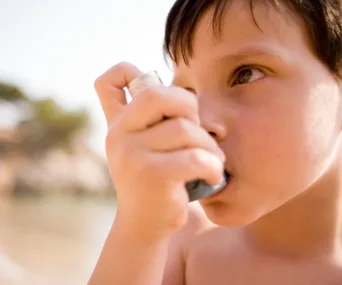Whether you’re prone to a small bout of sniffling when September hits, or find yourself coughing and wheezing for the entire duration of spring, researchers are warning Australians to prepare themselves for the worst season of hay fever in half a decade.
While European tree pollen has been named as the culprit of this year’s predicted hay fever spike, it isn’t expected to hit until late October. However, as Asthma Australia advises , the 1.8million Australians who suffer from asthma need to take extra measures in treating hay fever symptoms in a bid to stave off life-threatening asthma attacks.
Safeguard your family and reduce hay fever symptoms by regularly checking your local pollen count forecast through Aus Pollen, splashing your eyes with cold water to flush out pollen and staying indoors on windy days or after thunderstorms.
If you have any questions about the treatment of asthma or hay fever, have a chat with your GP.


